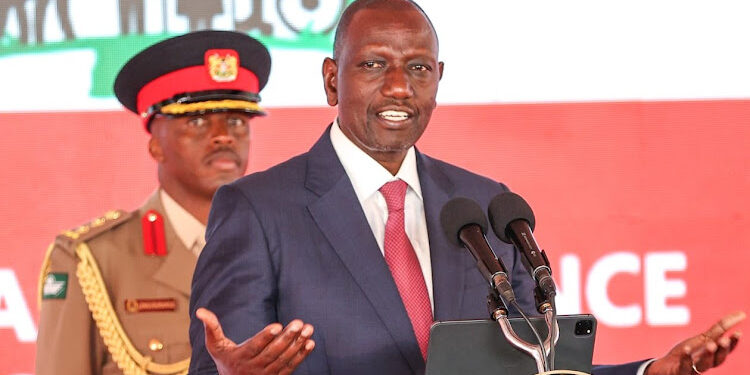Speaking at a church service in Molo, a town around 200km north-west of Nairobi, Ruto said the decision was “long overdue” and was aimed at creating jobs and opening businesses.
Read More: Nigeria’s Aliko Dangote Back On Top as Africa’s Richest Man
“We can’t have mature trees rotting in forests while locals suffer due to lack of timber. That’s foolishness,” he said. “This is why we have decided to open up the forest and harvest timber so that we can create jobs for our youth and open up business.”
The Kenyan president, who has positioned himself at the forefront of African efforts in the fight against climate change, says his government will maintain its goal of planting 15 billion trees over the next ten years.
Greenpeace Africa, however, says the decision “could have devastating consequences for the environment”.
https://twitter.com/Greenpeaceafric/status/1673375735619395584?s=20
“In Kenya, forests are home to rare and endangered species, and millions of local people depend on these forests for their livelihoods, relying on them for food and medicine,” the organisation wrote last month in a petition against the move.
“Since the Kenyan government imposed the ban on logging six years ago, significant progress has been made in forest protection and with combatting the climate crisis,” it said.
“Lifting the ban will undo all our hard work, as it will open the floodgates to commercial and illegal logging solely driven by profit.”
Read More: Botswana signs new diamond sales deal with De Beers
The 2018 ban, which was put in place by the previous government, aimed to stop illegal logging and raise Kenya’s forest cover to 10%. Currently forest cover in the country stands at 8.8%, according to government statistics, while the forestry and logging industry contributed 1.6% to the Kenyan economy in 2022.
https://twitter.com/africaniannews/status/1675791464024907777?s=20









